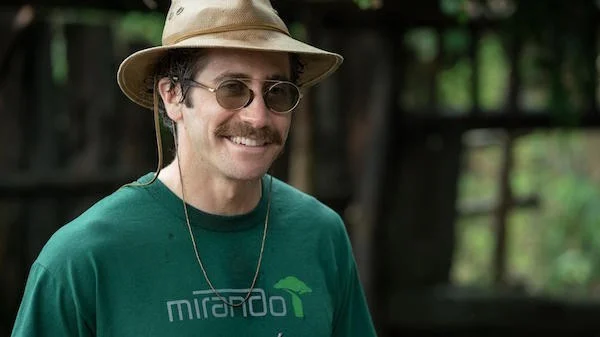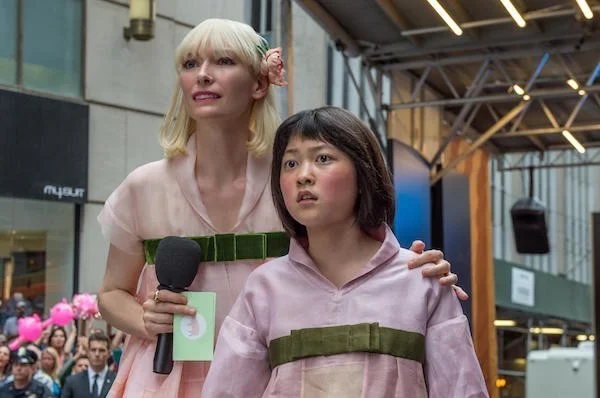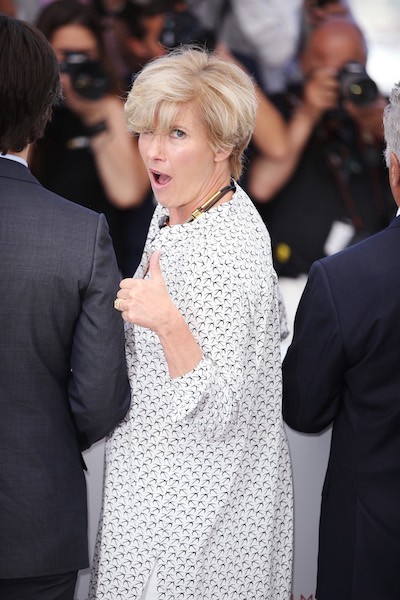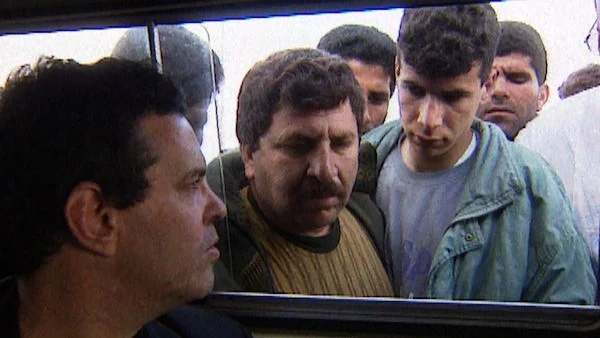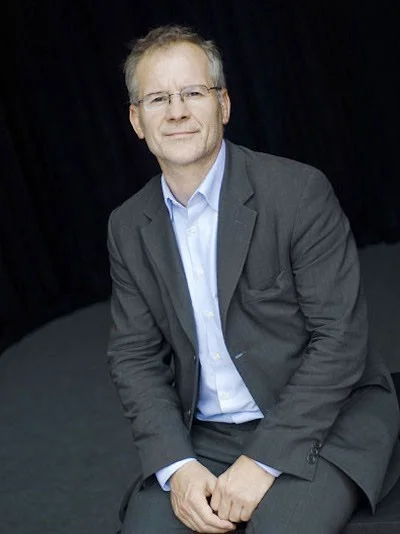I guess I could call this my own failure to success story. Bear with me while I explain my reasoning. Last year, I skipped the Festival de Cannes — the largest, most important film festival in the world — because I found it impossible to get a writing assignment to cover the festival. It seemed like my own love story with the movies had come to an abrupt “The End”.
Yet like most epic cinematic stories, where the heroine rises again after having been beaten and worn down, only to find the best is yet to come, this year turned out to be my favorite yet at this grand event. I secured impeccable credentials — a pink card which makes all the difference while in Cannes — was granted all the interviews I wanted and was offered tickets to gala premieres that I craved to watch.
So, I’ve learned that my own formula to success, my personal blueprint for rising out of the ashes of failure involves perseverance. I kept writing, I kept loving this cinema with a conscience I spend so much time watching and most importantly perhaps, I kept hoping that love would one day bear its fruits. It did. Thanks to a few wonderful people I like to call the “fairy-tales-can-come-true publicists” and the magic of a film festival that with perfect security and a star-studded line-up managed its best edition yet.
While in Cannes, I also wanted to find some answers to my own doubts, answers on how to combat the virus of fake news, how to achieve my true self and why movie theaters can never be replaced by a computer.
I found my answers in the stars. The movie stars.
Jake Gyllenhaal as Doctor Johnny in Bong Joon Ho’s ‘Okja’ - Photo courtesy of Netflix
Jake Gyllenhaal — work with people you enjoy and who believe in you.
“There are things that as you get older you just say, “fuck it, I’ve gotta do it” — I think, moving forward as you spend enough time and as you have the opportunity to work as an actor, generally you care a little less about what people think and for me, you allow to present yourself as who you’d love to be or who you are.” That was Jake Gyllenhaal’s answer when asked if he believes he is a more serious or fun person during our interview for ‘Okja’ the upcoming Netflix film he was promoting in Cannes. He continued on his own formula for enjoying the work by saying, “working with people who want to work with you, people who believe in you is something I’ve only recently discovered. I think this business is all about chasing hype, a lot of it is that. And really what I’ve discovered more is working with people who believe in you and that you enjoy. Then you can bring out the best in each other.”
Tilda Swinton, with Seo-Hyun Ahn, in ‘Okja’, streaming on Netflix
Tilda Swinton — let your four-legged friends teach you about life.
During the same ‘Okja’ junket in Cannes, I met up with Tilda Swinton who is always such a force of nature. Her answer to what she has learned from her dogs, those pretty Springer Spaniels she calls her “non-human family”, was inspiring. “Patience, perspective, joy, loyalty, the simplicity and presence of their joy.” Swinton continued, “that’s a really great daily reminder, bad stuff happens, difficult stuff happens and you take them out onto the beach and you go “OK, now I see”. You tell them the current political situation in the world and they go “should we go for a walk?” And you go, right, that’s the correct answer.”
Emma Thompson at the photo call for ‘The Meyerowitz Stories’ by Noah Baumbach, in Cannes - Photo courtesy of Netflix
Emma Thompson — let art help you make sense out of life’s moments.
The wonder that is Emma Thompson was clear from the moment she stepped into the junket conference room for ‘The Meyerowitz Stories’, another Netflix upcoming release, directed by Noah Baumbach. She treated us, those few lucky journalists who got to interview her along with Dustin Hoffman, as family. Now that’s a precious life moment right there. But her lesson came from the words of her godfather, director Ronald Eyre, who, Thompson disclosed, “used to say life is the moments, if you can only be in the moment and that’s quite hard, as we all know, I mean how many self help books there are about that! So artists, we put it into a frame, and the frame helps make sense of life.” On her way out, she rested her hand on my shoulder and said goodbye with a smile. Another lesson from Emma Thompson? Yes, class, always do things with class.
Dustin Hoffman and filmmaker Noah Baumbach on the set of ‘The Meyerowitz Stories’, streaming on Netflix.
Dustin Hoffman — Words are important.
At the junket for ‘The Meyerowitz Stories’, Dustin Hoffman did a lot of classy things. He fetched his own chair, because he explained to us journalists that “after a certain age, you need to sit at a right angle,” then closed the window of the suite so we could record the interview better, without outside noise and pointed to his co-star Emma Thompson as being “smarter and more varied in her talent” than he. But aside from the important life lesson that humble does indeed succeed, something we may have forgotten these days with all the shouting from the rooftops we do on social media, Hoffman gave us insight on the importance of language. When prodded about our President’s limited vocabulary the actor said writer “Philip Roth said he uses only 77 words.” Well, 78 now that we’ve been introduced to his newly coined “covfefe”. Continuing, again with gentle modesty, he said, “I forget so quickly about so many things at my age. I’m looking for the word and I… But I do know eloquence when I hear it. My son was wonderful, he was there last night at the premiere and he said, “I thought the audience was reluctant, you could feel them. And then suddenly you brought them in. The comedy in this film is a weapon because it disconcerts you.” A film critic in the making? No, just the son of an extraordinary man.
Agnès Varda and JR shooting 'Faces, Places'
Agnès Varda — Lets leave some room for peace and imagination in our world.
The 88-year old spitfire that is legendary filmmaker Agnès Varda was in Cannes with artist JR, premiering their road documentary ‘Visages, Villages’ (‘Faces, Places’). About her wonderfully irreverent road trip ally, Varda said, “he gave me faith that I could still do another film. He pushed me naturally and I was really impressed by his work. He was my ally, we were in the same army of people who want to propose and share.” And about art becoming an incentive for peace, she concluded, “we could bring our artistic freedom into a world of work and we said, come with us, we can make something that makes us feel there is room for art, room for peace and imagination. And imagination should be allowed to be in the city as much as the rules, the law, the discussions for politics. This is our new order.”
Amos Gitai, left, in a still from ‘West of the Jordan River’
Amos Gitai — We don’t have to agree about everything, but we can still discover peace.
I call Israeli filmmaker Amos Gitai my favorite prophet. When I want to hear it straight, no lies, I turn to his wisdom for answers. The Maestro’s latest work is a documentary titled ‘West of the Jordan River’ where he personally goes in, puts himself in front of the camera for a change, to challenge both sides of the Israeli-Palestinian conflict to stop manipulating and find a common ground. Dialogue, he believes, is the only way. He explained, “I think we have so many conflicts… Some of them legitimate because we don’t all have to be the same. We don’t have to agree about everything. We just don’t have to kill and distribute hate.” How to go about it? “We have to enhance structures which enhance a dialogue and I think that’s the real battle now, lets see what happens.”
Thierry Frémaux, general delegate of the Festival de Cannes
Thierry Frémaux — make cinema great again!
Finally, I could not write a piece about Cannes and not include wisdom from the festival’s cool and welcoming director. I mean, that would be like writing about LA and forget to include the Hollywood sign. Wrong, just wrong. And Frémaux has one topic that is near and dear to his heart, cinema, watched in a theater and that being my favorite topic too, his words are needed here. “My kids, they are twelve and fourteen, the whole day are on their mobiles, but if I say Saturday night we go to the movies, suddenly they are as excited as if I say we go to the stadium. Watching a game on TV and being in the stadium, I’m talking about football, it’s not the same.” Cinema is a social animal, the audience plays a part, as Martin Scorsese once said. So Frémaux continued, during an interview I conducted with him during the Dubai International Film Festival last year, “I love to watch films on the plane, especially French films. I am crying because I am lonely, far away from my country. But it’s not the same experience than being in the Chinese Theater on Hollywood Boulevard or being inside a big screening or here on opening night. Every screening room is something really specific, each country. If I go to Moscow to watch a film there or in China or Paris… When Quentin Tarantino comes to Paris, he has his own theater. It’s like a need, he needs to go there. That is cinema.”

